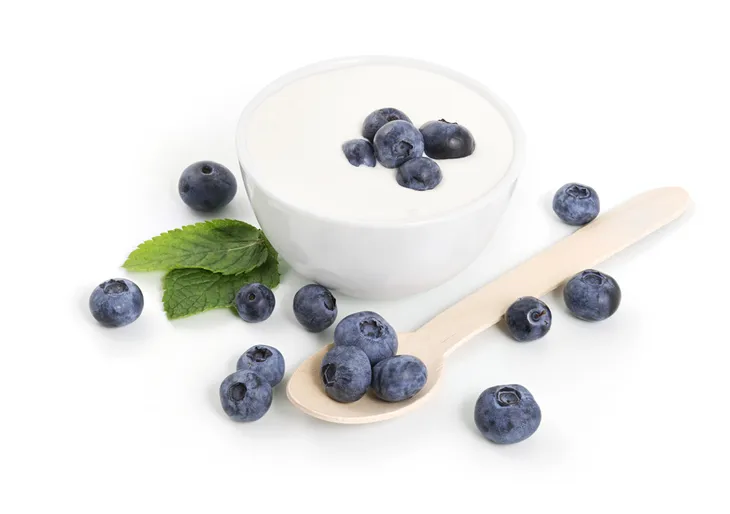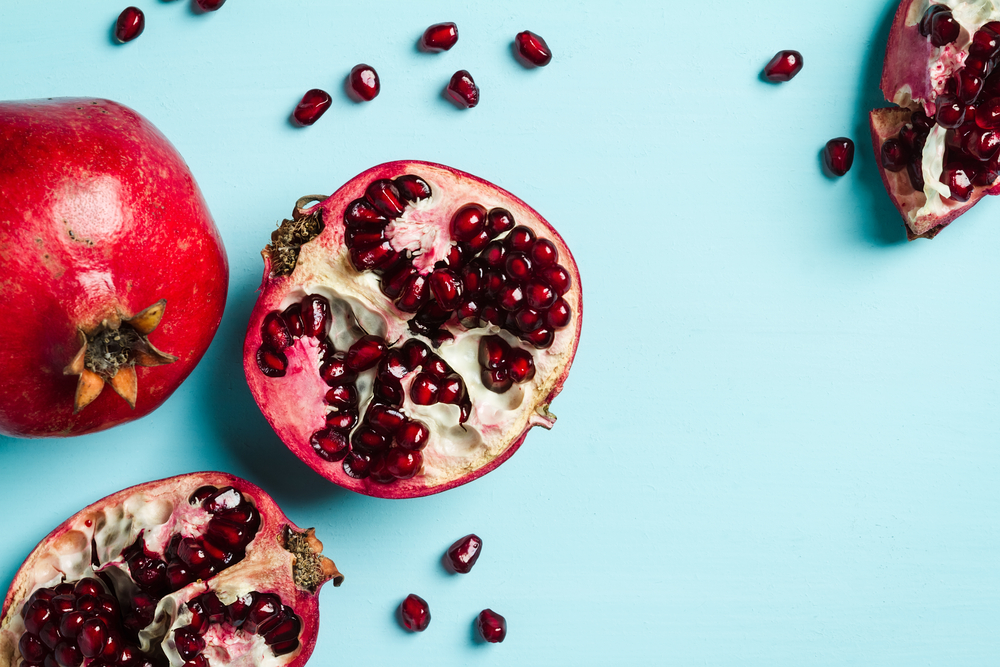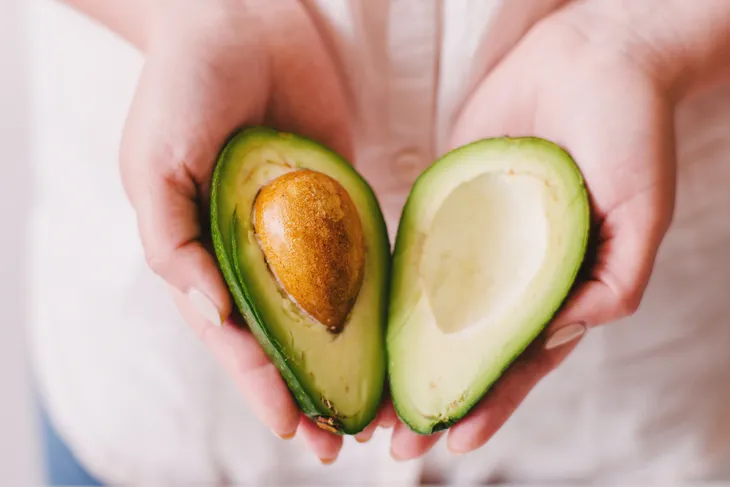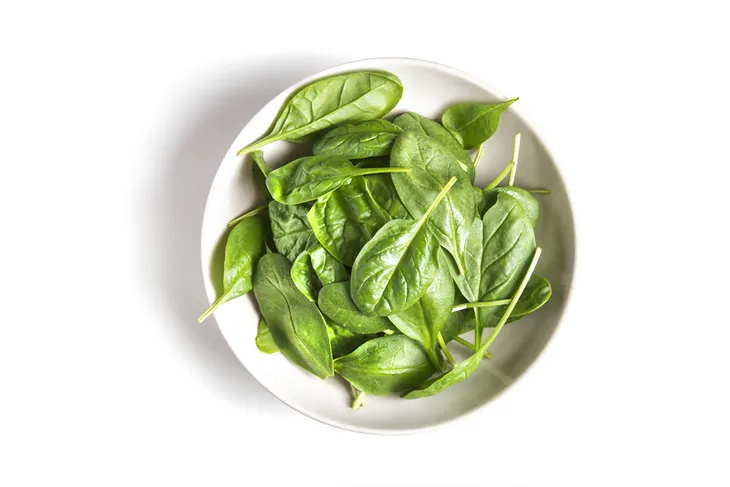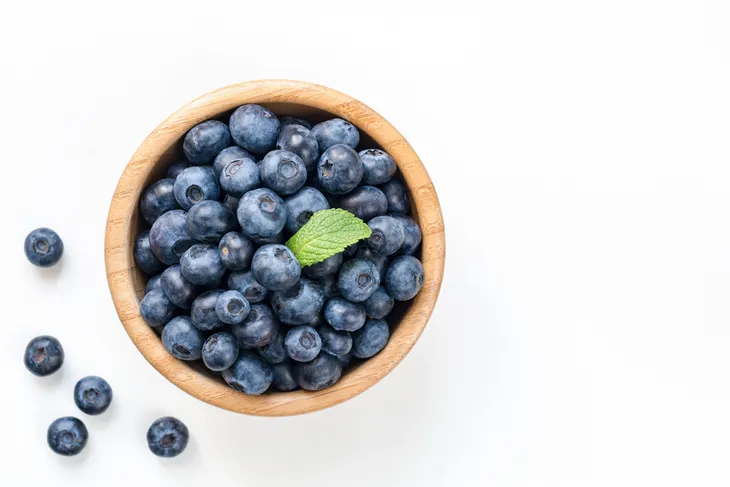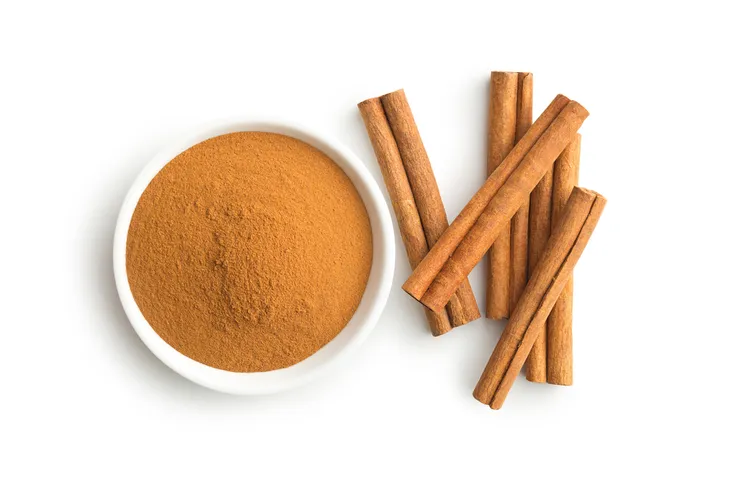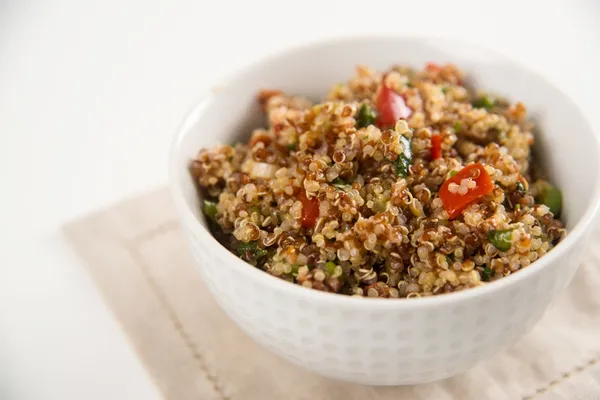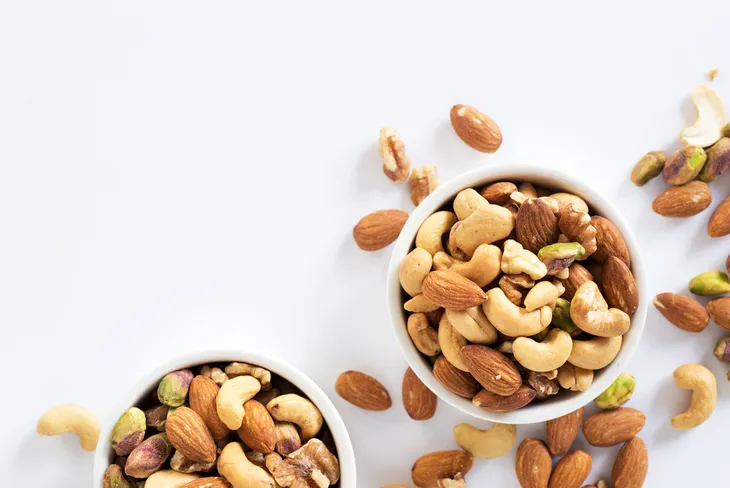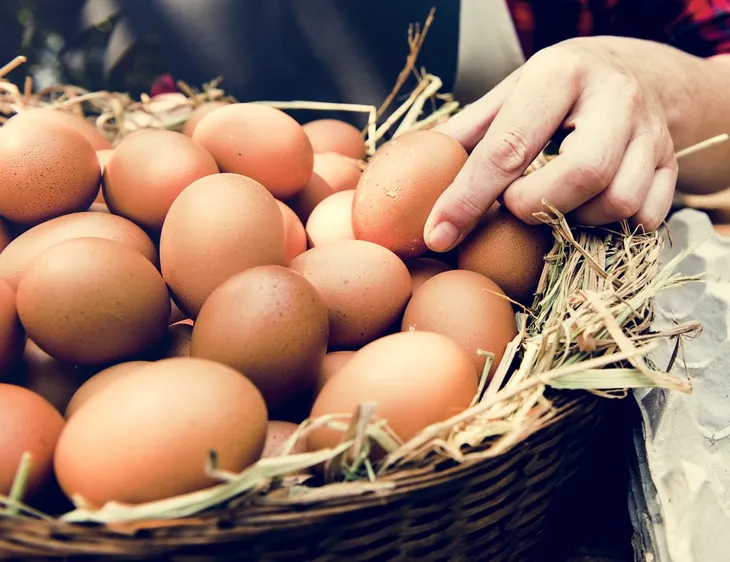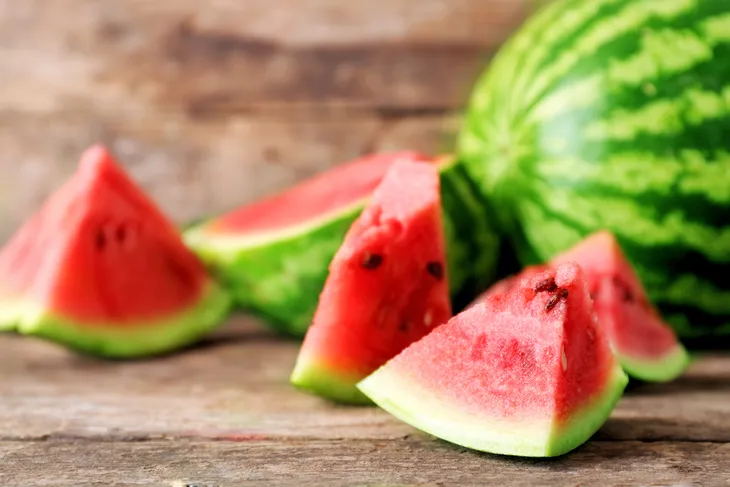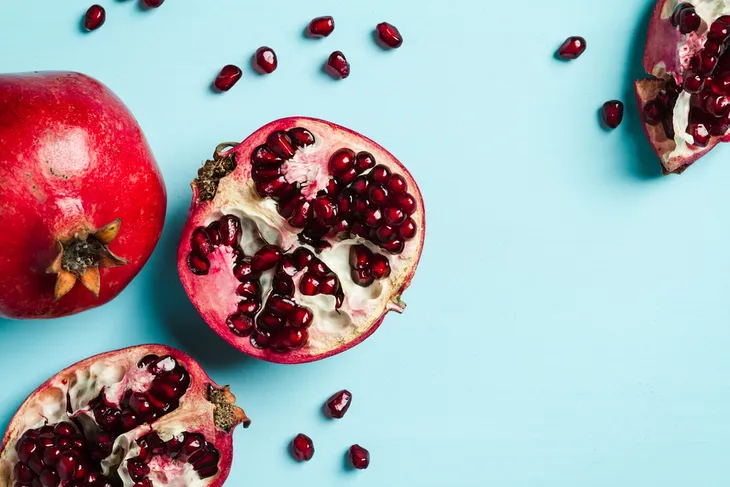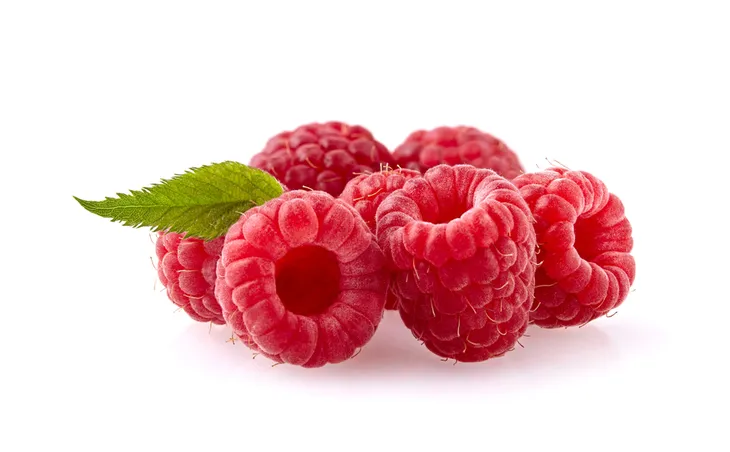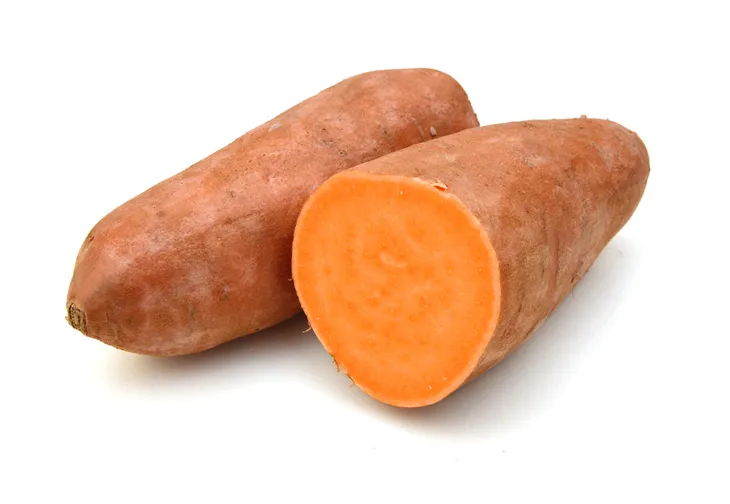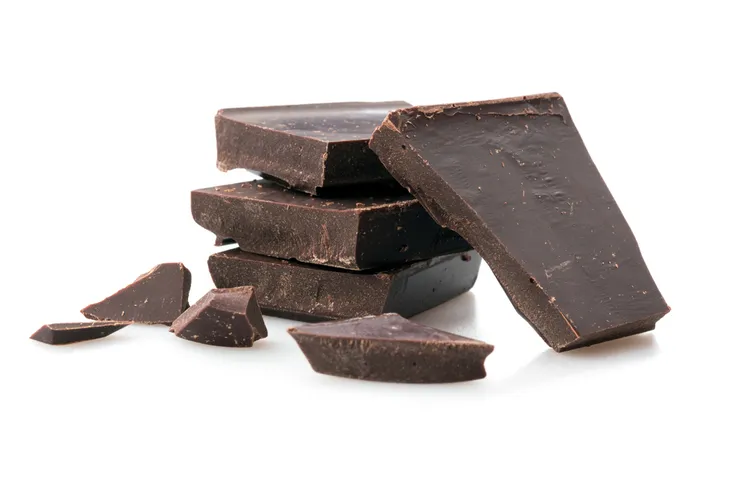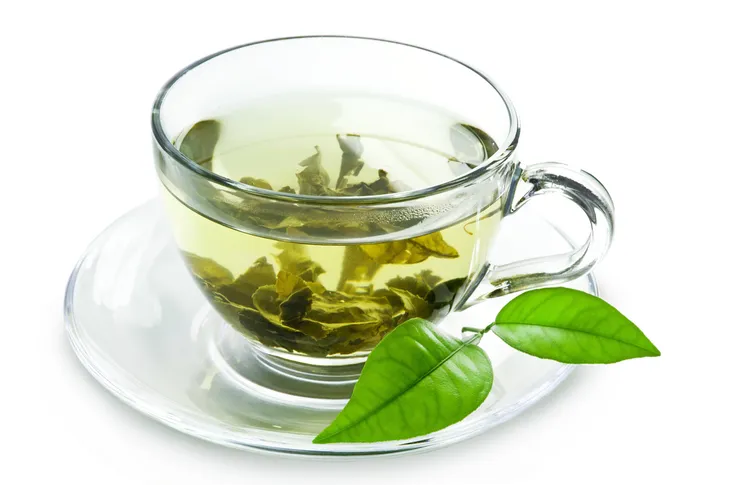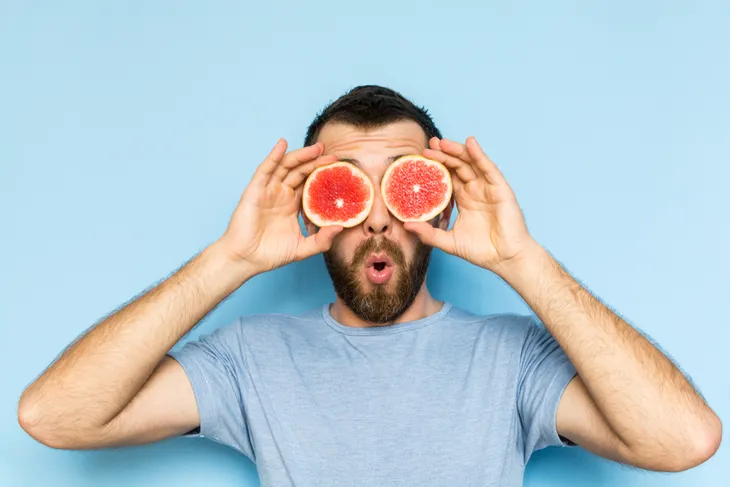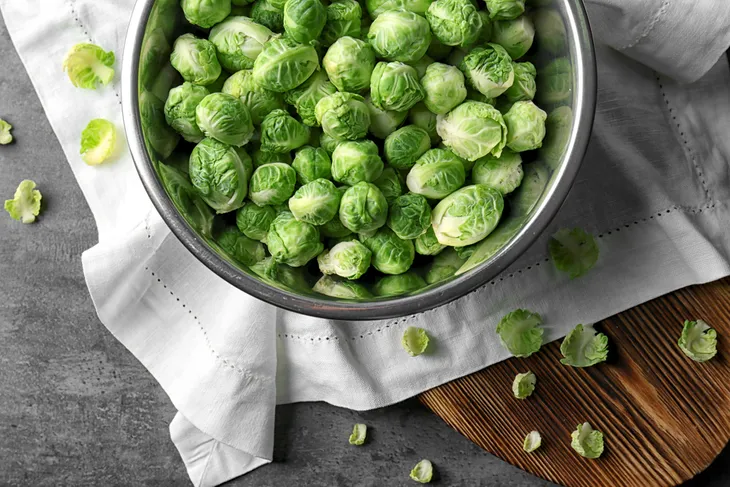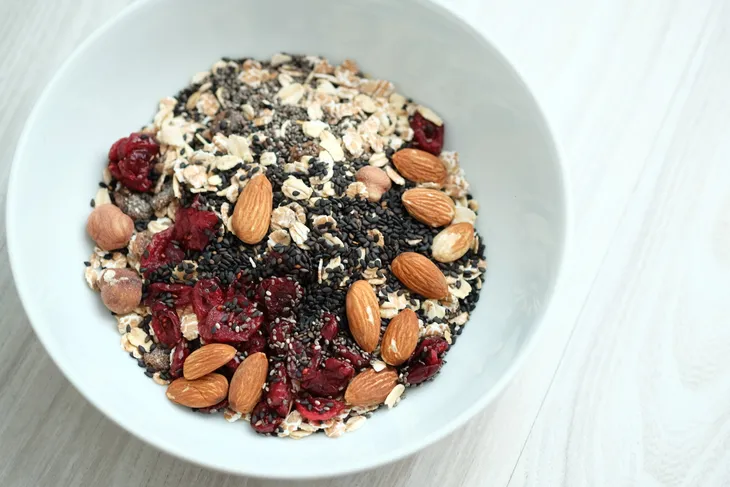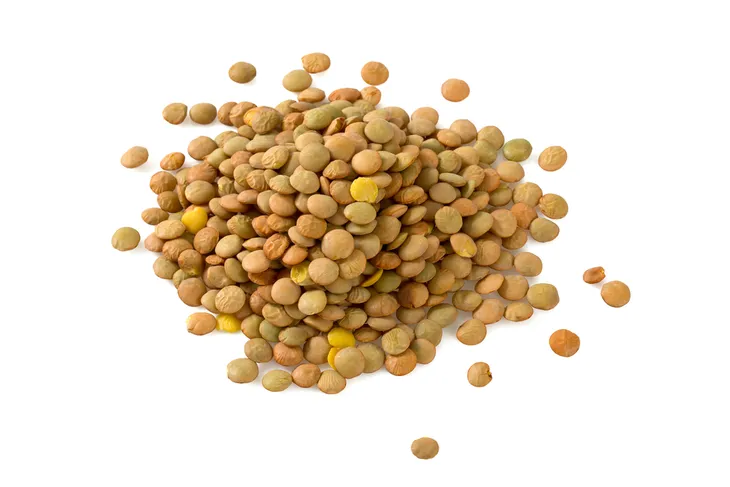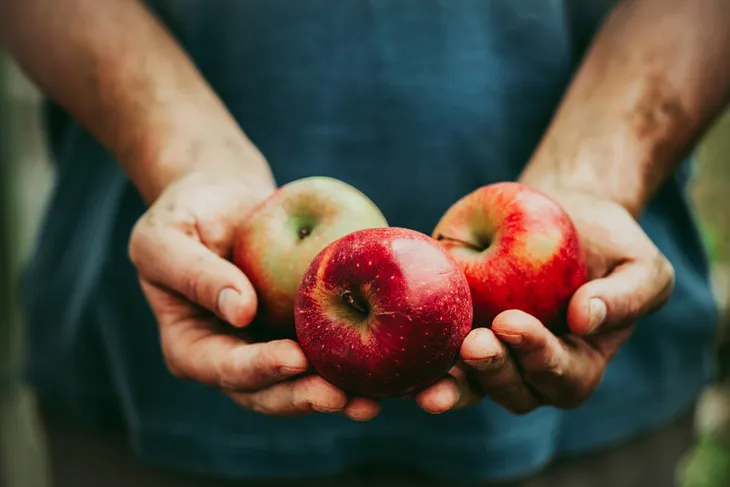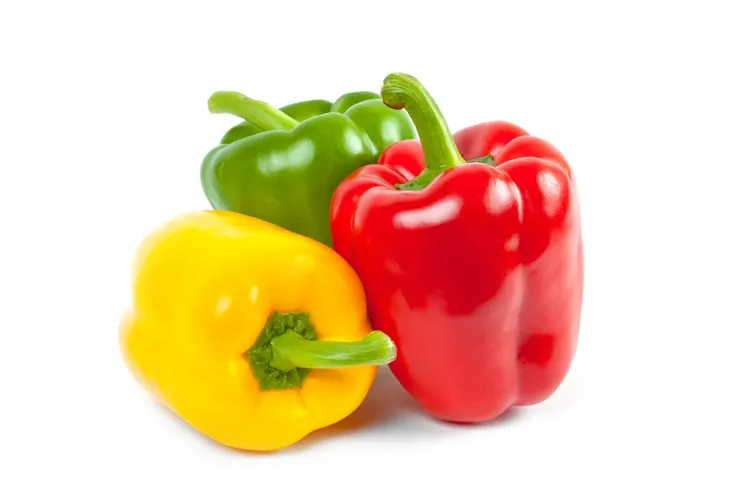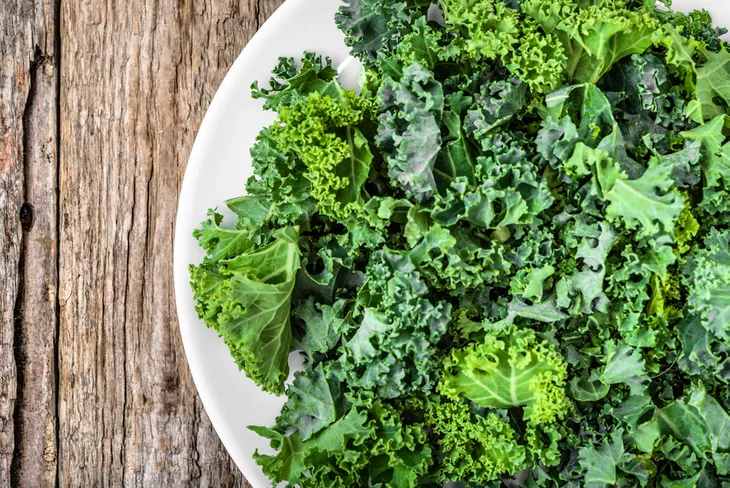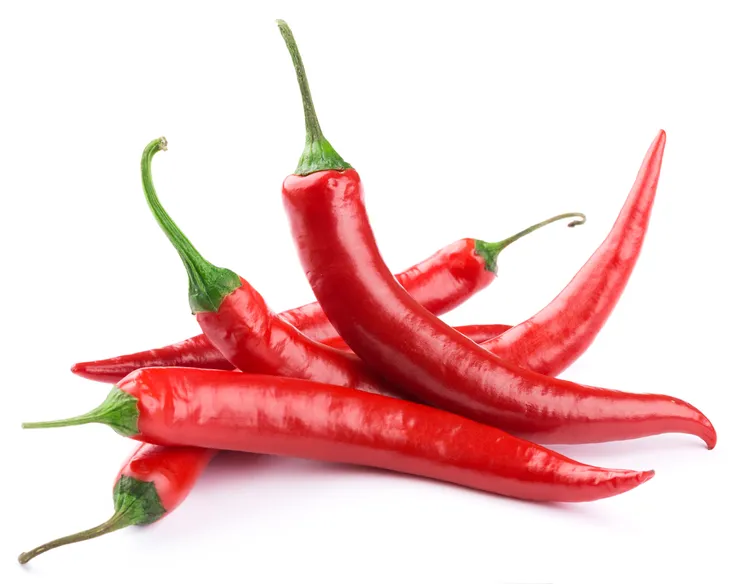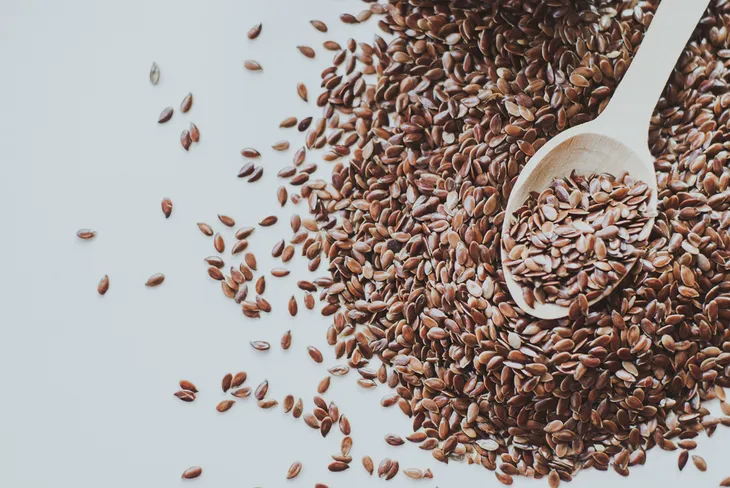Losing weight and getting healthy can be a tough challenge. Eating right might not be enough to lose weight. Quantity and quality of food will make a huge difference in your overall health. Science is just learning about the hidden health effects of foods, such as the benefits of antioxidants.
Fresh, unprocessed foods are filled with amazing vitamins and minerals that can have a lasting effect on your body. Foods with the most positive effects are called superfoods. Here are 25 amazing super foods that can charge up your metabolism and make weight loss even easier…
Avocado
While avocado may be high in calories, it is full of healthy monounsaturated fats and can be a delicious and nutritious aid in weight loss. This healthy vegetable fat is a great alternative to saturated margarines and is full of healthy nutrients. It contains around 20 vitamins and minerals, including vitamins C, K, B5, B6 and E. It’s also a great source of potassium (with higher levels than bananas).
There are so many ways to add avocado to your diet. It’s a versatile ingredient that even the pickiest eaters will find a recipe they like. Guacamole is a popular food with avocado as its main ingredient. Add fresh garlic, jalapeno, and tomato to create a healthy guacamole dip for snacking on with vegetables. Avocado’s rich texture and flavor are perfect when used as a spread on sandwiches or chopped into salads to boost the flavor and get the benefits of mannoheptulose.
Spinach
This sweet leafy green is most popular in salads and cooked as a side dish. With the recent spotlight on superfoods, spinach has been building in popularity, pushing boring iceberg and romaine lettuce out of the running thanks to its abundance of nutrients. Spinach is high in chlorophyll, which is being studied for its restorative effects on your DNA and its detoxification properties.
The benefits of spinach don’t end there – it can also help reduce heavy metal buildups in the blood and carry oxygen through the body. Because of this, combining regular exercise with a healthy diet that includes spinach can help with weight loss. This delicious leafy green vegetable is best eaten raw, as cooking can damage the chlorophyll. Enjoying just 1/2-cup of it daily can give you over 300-milligrams of chlorophyllin.
Blueberries
These tiny tart berries are the perfect superfood because blueberries contain polyphenols, organic chemicals that can induce lipolysis. This process breaks down fat cells and can stop new ones from forming, which could assist in achieving weight loss goals. Blueberries are also low in sugar when compared with other fruits and low in sodium and cholesterol. On top of all that, they’re also good for your skin, could prevent urinary-tract infections (UTIs), fight disease, and may even be a cancer blocker.
There are health benefits no matter which way blueberries are prepared and consumed, offering many ways to add them to a diet. If fresh blueberries are too expensive, look for frozen bags of them in your grocer’s freezer section. Freezing the fruit will not damage the polyphenols. Enjoy frozen blueberries in smoothies or in your breakfast cereal.
Cinnamon
Cinnamon is not only delicious, it’s great for you! This spice can help lower bad cholesterol while raising good cholesterol. According to the Mayo Clinic, being even just a little bit overweight can contribute to high cholesterol, so adding foods that lower the bad cholesterol can go a long way as you get healthy and lose weight. Cinnamon also has a positive effect on your blood sugar, making it particularly beneficial to diabetics. It’s high in polyphenols, which can help control your blood sugar. High blood sugar levels can lead to weight gain, making it important to control your sugar consumption.
You can enjoy cinnamon by sprinkling it over cut fruit, mixing it in applesauce, adding some flavor to your oatmeal, or making your own cinnamon tea. There are also a lot of lunch and dinner recipes that use cinnamon in different ways, such as a rub for meat (it’s mouthwatering on pork), a twist to homemade soup and stew, and in dishes using a homemade jerk sauce.
Quinoa
This delicious food is often mistaken for a grain due to its texture and taste. Quinoa is actually a seed, and this super food is high in protein and lower in carbohydrates. The protein it contains is called a “complete protein.” It includes all eight of the essential amino acids that we need for muscle health. Because of the amount and type of protein found in quinoa, adding it to your diet when you’re getting regular exercise is good for your body’s muscle development and growth. For weight loss, quinoa can help by making and keeping you full faster and for longer, boosting your metabolism, and burning fat quicker.
Quinoa has a mild nutty flavor and a fluffy couscous texture, and absorbs flavor well. Replace any cereal grain with this seed for a delicious and filling alternative to high carbohydrate varieties. Quinoa is extremely versatile and can be used in warm dishes and cold salads, as filler, and even in soups.
Nuts
Nuts are high in fat and calories, but they have been found to be weight loss champions, as long as they’re eaten in moderation. Their combination of high fiber and natural fats can reduce your appetite and keep you full for longer. While a lot of nuts aren’t bad for you, some nuts are truly good for you and can aid in weight loss. Snack on unseasoned almonds, walnuts, cashews and pistachios. Long term studies have shown that moderate consumption of nuts can lead to lasting weight loss. An added bonus is that many nuts also have other benefits, from reducing inflammation to improving heart health.
It can be easy to overeat on nuts, so restriction is key. To ensure you don’t over indulge, measure out recommended portions into baggies or small containers, and only take one serving with you each day to work. When you eat them at home, don’t pull out the container or bag of nuts to eat straight from the bulk. Instead, separate a serving and put the rest of the nuts away so you don’t snack uncontrollably.
Eggs
The humble egg is actually an amazing superfood that provides a lot of benefits. They are high in choline, which has been shown to help prevent fat absorption. Eggs are also low in calories and high in protein. Eating high protein foods can keep you full for longer than carbohydrates. The yolk can be controversial because it’s high in cholesterol, but the largest studies on eggs have found that eating egg yolks can actually reduce bad cholesterol. Plus, a lot of the protein is in the yolk, so skipping out on it only reduces the potential benefits of the yolk.
So start your day off right by eating one or two eggs for breakfast. They’re a great breakfast food, and when it comes to weight loss, what you eat in the morning can have a big impact on how fast and how much of the desired weight comes off. As long as you haven’t been advised by your doctor to not eat eggs or egg yolk, eggs for breakfast can boost your energy and maximize your potential to build calorie-burning muscle when you exercise.
Coconut Oil
Coconut oil contains an amazing compound called lauric acid. It converts in your body to an antibacterial compound that can help prevent sickness. Although it’s made up of mostly saturated fat, experts have determined that the type of saturated fat matters, and what’s in coconut oil can actually be good for weight loss if you keep your daily dose to 1 to 2-tablespoons. Coconut oil is a medium chain fatty acid, which is quickly metabolized by the liver and won’t end up as fat deposits in those tricky areas, like your thighs and belly. Some believe that coconut oil can help speed up your metabolism, helping burn more fat.
You can enjoy coconut oil as an alternative or substitute in everyday cooking and baking, adding a slight but delicious flavor. When pan frying food, use it instead of cooking spray, especially if you make a stir fry. For many of your favorite baked goods, replace butter or vegetable oil with coconut oil. And if you like making your own granola, use coconut oil to help bind the oats.
Watermelon
You’d be hard pressed to find someone who didn’t like watermelon. There’s not much to like about this juicy fruit because it’s mainly water! This is one of the reasons it’s so healthy and hydrating. Ever wonder how watermelon gets that pretty pink color? SELF explains that it’s due to the antioxidant lycopene which is also what makes this food so weight loss friendly. “When you’re drinking enough water, all your systems (including your metabolism) are better able to work at their maximum capacity,” writes the source after talking to Shawn Talbott, Ph.D, a nutritional biochemist.
Being properly hydrated sets us up for success when it comes to weight loss because then we don’t end up confusing thirst for hunger throughout the day. Sometimes people confuse the two which leads to overeating or unnecessary snacking. To top it all off, watermelon is low in calories, so feel free to eat as much as you’d like!
Pomegranate
This super food is amazingly high in antioxidants, which are known to slow down aging and prevent several types of diseases. Pomegranates are also low in calorie, but rich in vital nutrients, including dietary fiber and vitamin C. In fact, you can get almost half of your recommended daily dose of vitamin C from the seeds in just one pomegranate. Dietary fiber plays a significant role in weight loss because it helps prevent overeating – it’s what keeps you feeling full making juicy and flavorful pomegranate seeds an ideal snack choice.
The greatness of pomegranates doesn’t end there. Drinking pomegranate juice has been shown to break down abdominal fat, an area on your body that can be frustrating to trim. For many people, targeted exercises to lose belly fat don’t work, and a diet including super foods like pomegranate can help. Enjoy pomegranate seeds in a fresh salad to bring a bright acidity and new texture. Pomegranate juice is also a great addition to your smoothies and mixed drinks.
Raspberries
Raspberries contain several amazing properties that can benefit your health, such as the phytochemical called ellagic acid. It acts as an antioxidant, and has been shown to have anti-cancer properties. Raspberries can also reduce the effects of estrogen, which is a great benefit for people with excess fat. Fat can raise the levels of estrogen in your body, throwing your hormones into chaos. Balancing your hormones can help you lose weight and keep it off. On top of this, raspberries are low in calories, high in fiber, and considered to be a metabolism booster.
You don’t have to wait until summer rolls around to add these super berries to your diet. Buy frozen berries at your local grocery store and use them in smoothies or on top of cereal. Just make sure you buy berries that aren’t altered. Look for natural, unsweetened frozen raspberries. If your grocer only sells mixed frozen berries, pick them up anyway. Many other berries have super food qualities and are great for your health.
Sweet Potatoes
Orange vegetables are high in phytochemicals which gives them their brilliant color. Sweet potatoes have better nutrition than conventional white potatoes, but retain the same texture. They are high in fiber, vitamin C, and vitamin B6. A great weight loss tip is to replace your white potatoes with these sweet potatoes to get more minerals and vitamins. They have a stronger flavor, and you will get amazing health benefits while still having your starchy carbohydrates.
Sweet potatoes are used in all types of meals and in different forms, from slicing and cubing to mashing and completely pureeing. Try a sweet potato soup (either cubed or pureed), roast them with olive oil and a bit of salt and pepper, replace mashed potatoes with mashed sweet potatoes, or make some crispy, sweet fries. The opportunities are endless and the benefits are vast. Sweet potatoes are often referred to as “the carb that won’t make you fat.” If your portions follow what’s recommended, this statement should be true for you too.
Dark Chocolate
Here’s the perfect excuse to keep chocolate in your diet: dark chocolate is high in antioxidants, which has been shown to reduce the risk of heart disease and may even decrease body fat. All cocoa has these benefits, but dark chocolate is particularly good for you. Unlike milk chocolate, dark has less sugar and fewer calories. In order for dark chocolate to do its job, you have to eat chocolate that is at least 70-percent cocoa. Anything less and the benefits won’t hold true. You can even find 100 percent dark chocolate, which has no added sugar. It has a strong flavor, but when savored slowly, it can be just as satisfying as a conventional chocolate bar.
For many people, just this small taste of chocolate can help curb cravings for other unhealthy snacks, so it’s a great aid when you’re trying to lose weight. Some experts also claim dark chocolate may be able to slow the absorption of sugar in your blood and reduce stress. Just make sure you stick to a small piece a day to reap the benefits.
Salmon
Salmon continually makes it onto health food lists because there are so many benefits that adding it to your regular diet simply makes sense. Salmon is high in omega-3 fatty acids, which have been shown to prevent heart disease and provide better overall health. The healthy fats in salmon will keep you full for longer, making it a great entree. It is naturally low in calories and packed with lean protein, which is ideal for weight loss. The longer and better a meal can keep you full and satisfied the less likely you are to over-snack and overindulge in food between meals.
The bright pink color of the flesh is a sign of the minerals in the meat. Other seafood high in omega-3s are tuna, trout, shark, sardines, and oysters. These delicious seafood products are a great food to eat when trying to lose weight. They are filling and will keep you healthy.
Green Tea
Green tea is a renowned super food. It contains two different phytochemical antioxidants: anthocyanin and pro anthocyanin. These antioxidants can help block bad cholesterol and increase good cholesterol. It has been shown to boost your metabolism, increasing the rate you burn calories. Green tea is also believed to reduce fat and may even help improve endurance during exercise. How? Your muscle cells can be stimulated by the catechin polyphenols found in green tea, making you use carbs slower and allowing you to exercise for longer.
While drinking green tea on its own won’t result in weight loss, when it’s part of your regular diet and combined with regular exercise, it can be used as a weight loss aid. To maximize its potential, you should drink 2-3 cups of green tea per day. Matcha has the most nutrients when compared with other types of green tea. It is unfermented and can be found ground into a powder. Enjoy this healthy drink any time of the day.
Grapefruit
Grapefruit is a tangy citrus fruit that can be an acquired taste. For those who like it, it can be the perfect snack or even breakfast, and there are some major benefits to eating grapefruit regularly. One of the many benefits is weight loss.
Healthline cites a study that focused on a group of obese people who ate half a grapefruit before each meal over the course of 12-weeks. The results showed a weight loss of up to 3.5-pounds. “Therefore, eating half a grapefruit about half an hour before some of your daily meals may help you feel more satiated and eat fewer overall calories,” writes Healthline.
Brussel Sprouts
Brussel sprouts aren’t everyone’s favorite thing to eat. They’re probably among the least liked vegetables out there, but we’ve got a pretty big reason to try and start eating these cruciferous veggies. Reader’s Digest points out that brussel sprouts help detox the body and encourage our metabolism to work more efficiently. The source talked to Libby Mills, MS, RD, LDN, spokesperson for the Academy of Nutrition and Dietetics who described brussel sprouts as “fuel for efficiency.”
For those who aren’t a fan of brussel sprouts but are still willing to give them a try, Reader’s Digest suggests peeling the layers to create a shredded Brussel salad.
Oats
There’s nothing more comforting than a nice hot bowl of oatmeal. While that’s nice and all, Reader’s Digest states that eating oats uncooked is actually much better. “Uncooked oats are a source of resistant starch, which can help you feel full and control blood sugar,” says Marisa Moore, RDN, a registered dietitian nutritionist in Atlanta, Georgia.
According to SELF the best kind of oats to choose are steel-cut and rolled oats because they have more fiber which makes them more filling than other kinds. Try and stay away from instant oats or any of those sugary pre-packaged brands. Since they are a complex carb, they’ll encourage weight loss. “Your body needs to break down complex carbohydrates because they’re a complicated mesh of molecules,” says Lauren Harris-Pincus, M.S., R.D.N. to SELF magazine.
Lentils
Lentils are a good source of protein which is largely why they land on this list. Just 1-cup of cooked lentils provides us with 16-grams of fiber and 18-grams of protein, says SELF magazine. “Their high fiber content makes them extremely satiating, and studies have shown that they speed fat loss: Spanish researchers found that people whose diets included four weekly servings of legumes lost more weight and improved their cholesterol more than people who didn’t,” writes Eat This, Not That!
Don’t be intimidated by them. They’re super easy to incorporate into meals and their flavor is pretty mild so you won’t even notice they’re there!
Apples
Ever heard that saying, “an apple a day keeps the doctor away?” Well it turns out there’s some truth to it because apples have some pretty amazing health benefits! One of the best is that they help keep us full for longer periods of time which means we’ll eat less between meals.
“It fills you up because it contains significant amounts of pectin, a soluble fiber that expands in your stomach when it comes in contact with liquid,” says Libby Mills, MS, RD, LDN, spokesperson for the Academy of Nutrition and Dietetics to Reader’s Digest.
Bell Peppers
Bell peppers are a popular veggie to eat because they’re super easy to eat, then can be grilled, steamed, or just eaten plain with some dip. They also come in a variety of different colours — red, green, yellow and orange. The first three all contain lots of vitamin A, C, B6, B2, E, as well as folate, dietary fiber, and potassium, says Men’s Journal. The sources goes on to say that one yellow pepper contains 341-mg of vitamin C which is more than three times what an orange contains! Why is this vitamin so important? Well, for starters Men’s Journal notes that approximately a third of Americans are deficient in this nutrient. To avoid being lumped into that group, start eating more bell peppers!
In addition to that, a study in the Journal of Nutrition found that people with “higher levels of C have lower BMIs and less body fat.” Yellow peppers aren’t the only ones with all kinds of benefits. Red peppers have nine times more beta carotene and twice the vitamin C than green peppers. When it comes to weight loss, bell peppers are low in calories so they’re also a great guilt-free snack to indulge in throughout the day.
Kale
Nutritionists have been talking about the benefits of kale for a while now and there’s a reason for that! Kale is an amazing superfood that is low in calories, but has high amounts of protein, fiber, iron, and calcium.
According to Healthline, leafy greens like kale are a great way to increase the amount of food eaten, but not calories. “Numerous studies show that meals and diets with a low energy density make people eat fewer calories overall,” writes Healthline. The source also notes that other studies have found the nutrients and vitamins in foods like kale can help burn fat. Try adding some kale to a salad, sauteed with some broth and other veggies, or even baked into chips!
Chili Peppers
Are you a fan of spicy food? If so, it might be working in your favor! A 2017 study found that capsaicin, a compound found in chili peppers that gives them their spicy flavor can “fire up weight loss by sparking the body’s energy-burning mechanism,” writes Reader’s Digest. In fact, a group of researchers at the UCLA Center for Human Nutrition found that chili peppers can boost the metabolism by 15 to 20-percent!
Men’s Journal explains how capsaicin works by writing, “capsaicin activates your sympathetic nervous system, which is what controls your adrenaline and fight or flight response.” A study at Purdue University found that all it takes is a half teaspoon. Take it at breakfast and it’ll reduce any cravings that come up throughout the day.
Flaxseed and Chia Seeds
Flaxseed and chia seeds are tiny, but their benefits are big! One of their best benefits is that they’re a great source of omega-3 fatty acids. Unfortunately, the American diet caters more to omega-6 fatty acids and most people lack omega-3s which causes inflammation and leads to weight gain, says Eat This, Not That! In order to restore the balance of omega-6 and omega-3 fatty acids, try sprinkling a few of these two seeds in any meal (most likely breakfast foods like cereal, yogurt, oatmeal, or a smoothie).
SELF notes that a tablespoon of flax seeds amounts to 55-calories, 3-grams of fiber, and 4-grams of healthy fats. The same amount of chia seeds on the other hand equals 69-calories and 5.5-grams of fiber. Fiber also helps keep us full for longer periods of time which should help with any of those cravings in between meals.
Greek Yogurt
Even without the aspect of weight loss, people should be eating Greek yogurt on a regular basis because it’s a great source of protein and calcium. We need protein in order to build muscle, and it also helps keep us full for longer periods of time. Men’s Journal cites two separate studies that prove Greek yogurt can help with weight loss. The first is a study in the International Journal of Obesity which found that people “who eat yogurt regularly have a lower BMI, lower bodyweight, smaller waist, and lower body fat,” writes Men’s Journal. Probiotics help keep our GI tract healthy which is important for weight management.
Another study from the University of Tennessee “found that folks who ate three servings of fat-free yogurt a day on a diet lost 22-percent more weight and 61-percent more body fat (81-percent more fat in the stomach area alone) than those who just cut calories,” writes the source. In order to reap the benefits of Greek yogurt, pick plain unflavored yogurt with no sugar added.
